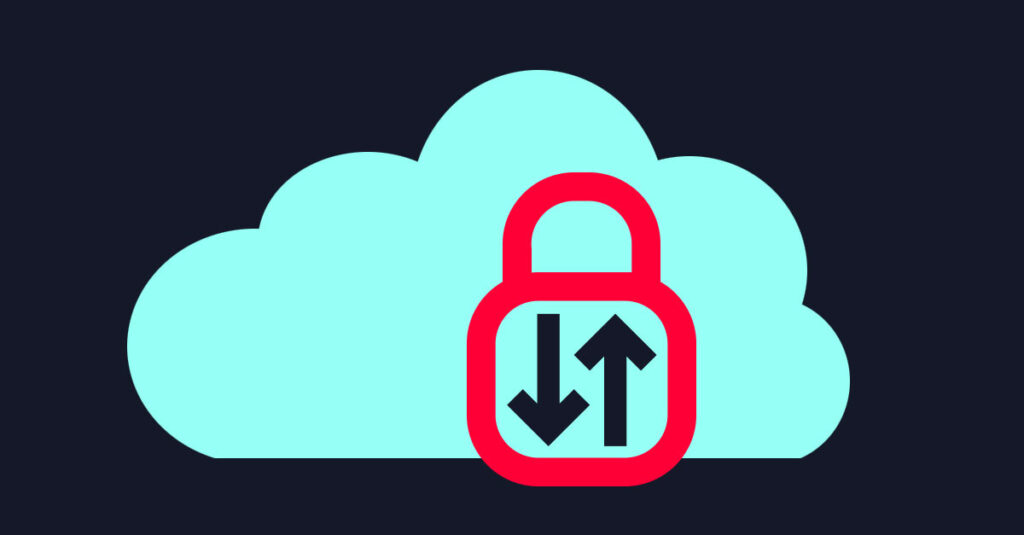
Is It Safe To Store My Data in the Cloud?
You may have seen advertisements or pop-ups on your phone, tablet or laptop suggesting you store your data—like photos, documents, videos and emails—in the cloud. This means using a service that will store these files on remote servers where you can access them when you need them.
File sizes really add up, so using cloud storage can free up space on your devices, plus make it more likely you’ll be able to recover lost data in the event of a device failure or malware issue—and make it easier to access your information across multiple devices.
Sounds great, but how safe is it? Let’s take a look at what you need to know in making the move.
Why cloud storage?
If you now store your personal data wherever you create it and work on it, this means, for example, your photos and received text messages and more are taking up way too much space in your connected devices’ storage.
Plus, if you need to access files on another device, you’ll need to manually transfer them. If you want to make sure they’re backed up in case a device is lost, damaged or infected with malware, you’ll need to transfer them somewhere safe yourself. Add to that, when you run out of storage on your devices, you’ll need to consider whether to delete files or buy additional storage in the form of external drives, like USB keys or memory cards, and do all the data transfer yourself. If you remember to do it, that is.
Cloud storage makes this whole process easier and seamless. You can choose cloud data backup providers in which data is stored both on your computers and in the cloud, or you can store your data primarily in the cloud and access it on your devices when you need it. You can also securely share data with other people, like friends, relatives and business colleagues, through cloud storage.
Choosing a cloud storage provider
Reputation – When you’re thinking about cloud storage providers, you’ll want to pick a company that you trust with your data. This can be a company you’re already doing business with, like your operating system maker, email provider or internet provider, or a well-regarded company that specializes in cloud storage.
User experience – Watch a demo on the sites of different providers to see the features and how easy they are to use. Looking for automatic storage with backups that happen every night, making sure you never forget about saving your data to the cloud? That’s a great feature.
A plan might include document or photo-editing tools, for example, plus an app for phones, tablets and computers that let you access your cloud data. Many also have web interfaces to access your data from other systems. Some may also offer deals on storing certain types of data or be optimized for letting you easily interact certain types of files, like photos or music.
Separating storage – You may decide to use multiple cloud storage providers. For instance, you might use one for personal data and another for professional data, or you may use one provider for storing photos and another for other types of data. You’ll want to think about the tradeoffs involved, including complexity and costs.
Secure cloud storage
You don’t want to send your data if you think it will be compromised. Given this, providers take security very seriously. Data stored in the cloud is encrypted, making it unreadable to hackers. Your cloud storage provider should have a comprehensive statement about how they protect your data at all times, even if their systems are compromised by hackers or malware. Check to make sure your cloud provider supports the highest level of encryption. Read the reviews!
You should also be smart about your login and password that access your data. Make sure to use a secure password, consider enabling two-factor authentication, if it’s available from your provider, and secure your devices that have access to your cloud storage with secure passwords or biometric logins like fingerprint or facial recognition. Don’t reuse passwords between accounts, so if your password is compromised in one place, criminals can’t use it to access your other accounts.
Many cloud storage providers let you disconnect devices from accessing your account if they’re compromised, lost, stolen or resold or if you simply stop using them. Keep an eye on which devices have access to your account and disconnect ones you aren’t using. If you believe your password may have been compromised, it’s a good idea to reset it and to check no unauthorized devices have connected to your cloud storage account.
Convenience, organization and security are the key benefits of sending your data to a reputable, easy-to-use cloud storage system. You’ll never regret backing up your data.
Frontier Fiber is built for the way you live today—and tomorrow
If you’re still on the lookout for the right ultrafast internet connection for streaming, gaming, working from home and running your smart home—all with enough bandwidth for everyone—find out about Frontier Fiber. Then check here to see when it’s available at your address.
Product features may have changed and are subject to change.



